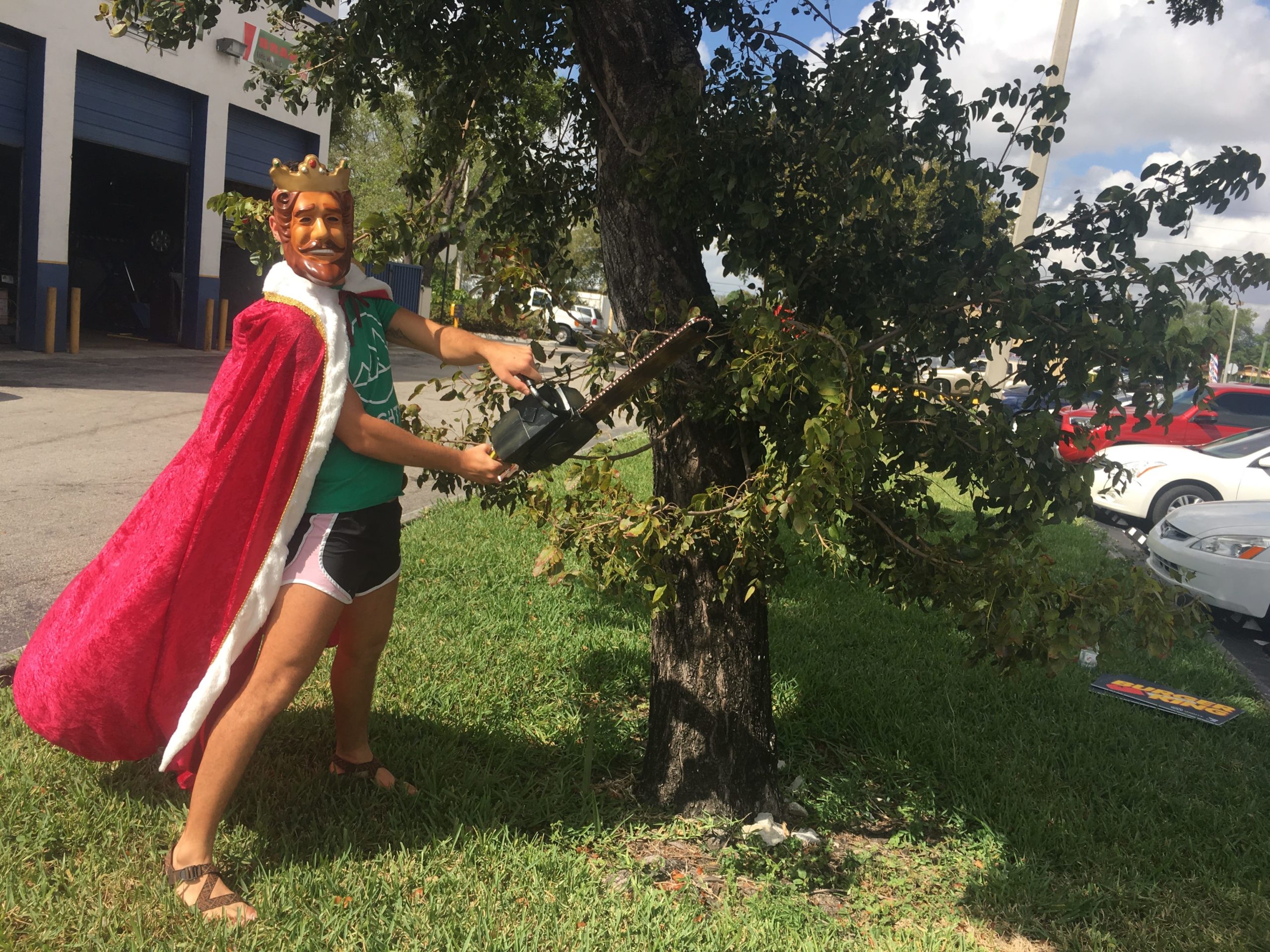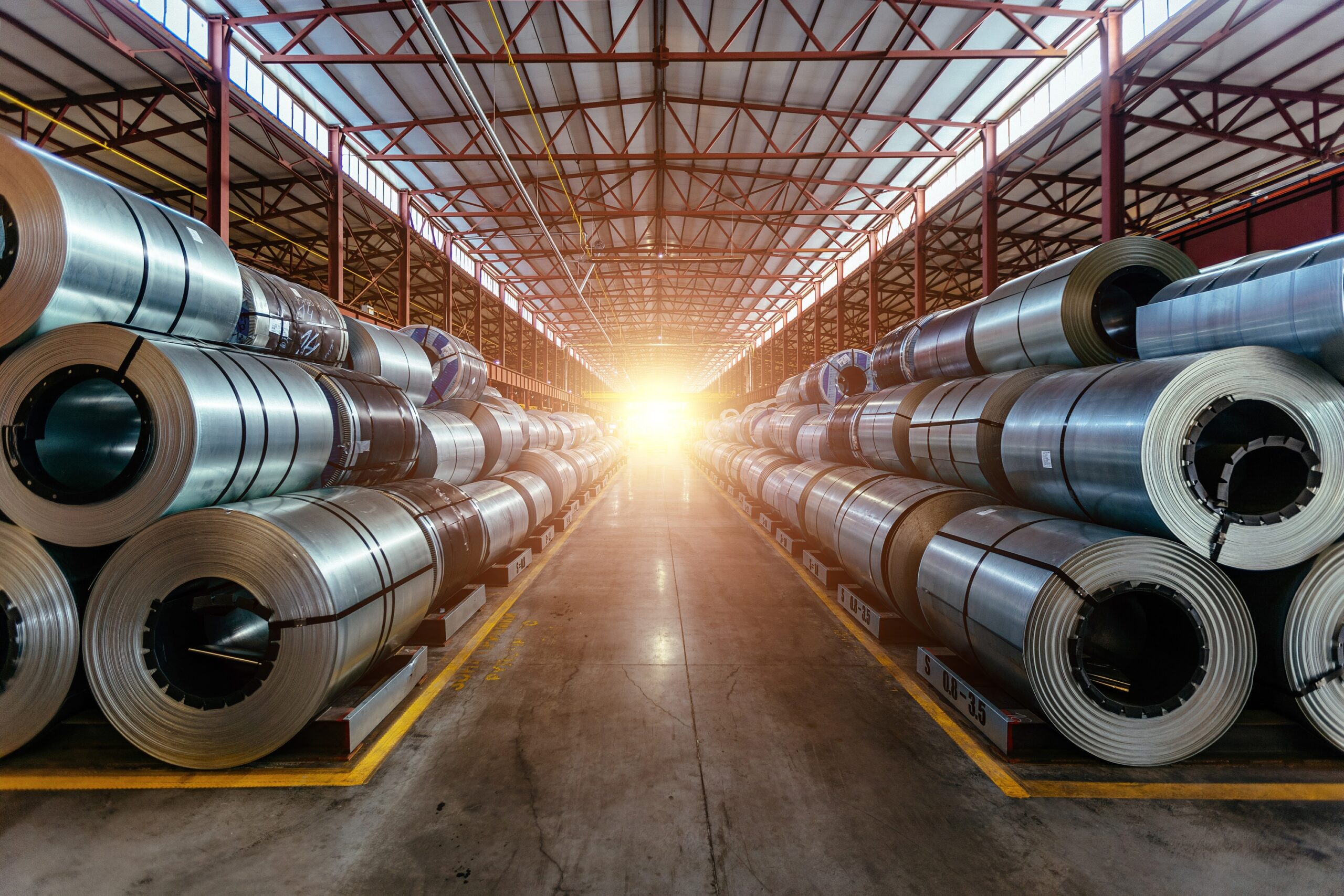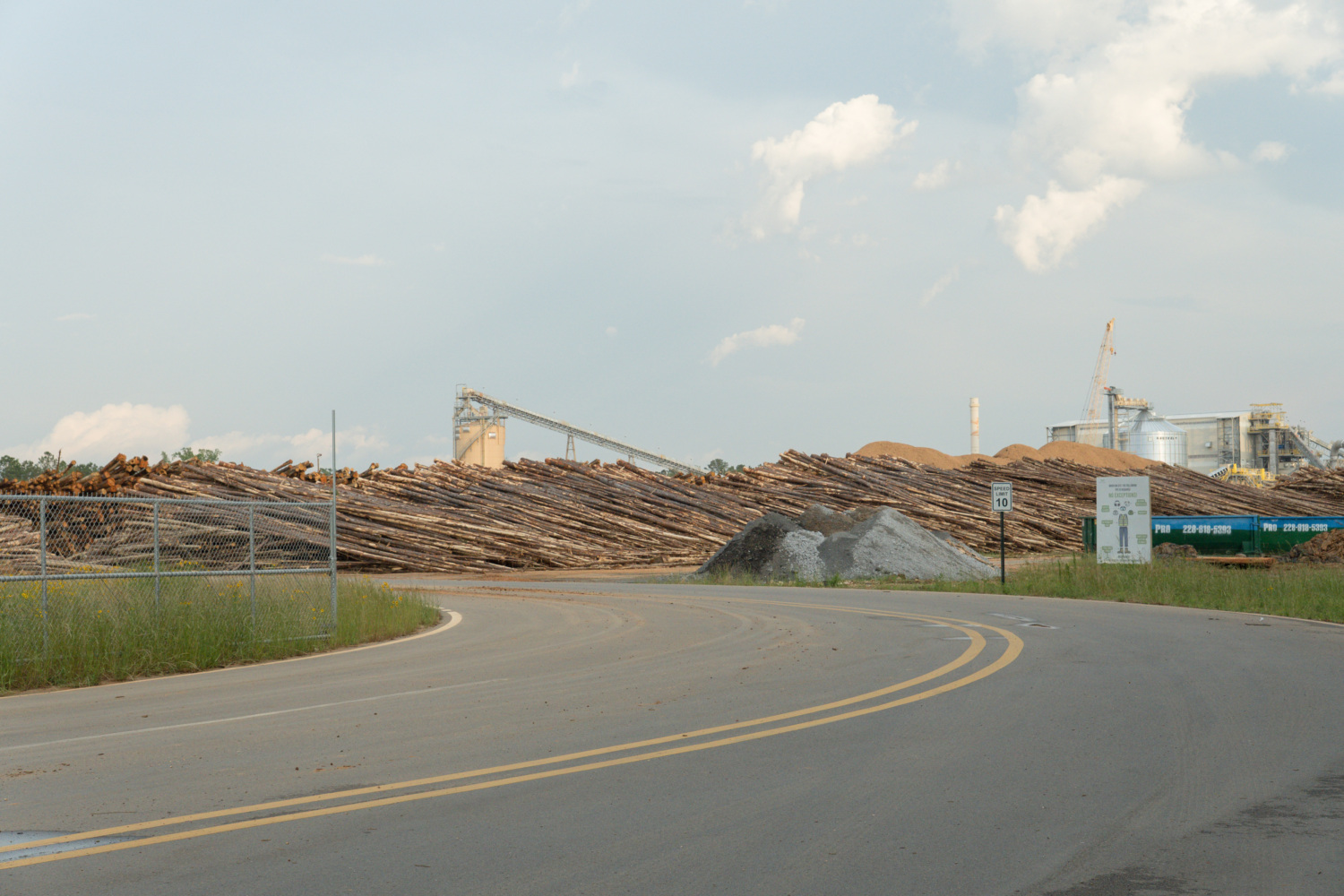
We Need Your Help to Stop the King of Deforestation
Since Mighty revealed deforestation in Burger King’s supply chain in our report, The Ultimate Mystery Meat, there’s been a massive response from everyday consumers calling for industry-wide change. But after they’ve liked, shared, commented and rallied, many have been wondering: what’s next?
It’s important that we continue to engage Burger King, Cargill and Bunge on this issue, and do as much as we each can to get Burger King to make a zero-deforestation commitment. Though not everyone can do everything, here are a few ideas:
Spread the word.
One of the most important actions you can take is letting others know there is a problem, so they have a chance to act. Share beyond your environmentally-minded friends, too. Help activate new people to join the movement through social media, email, text, and word of mouth.
Some materials worth sharing include:
- Our investigation, which is available in English, Spanish, French and Portuguese.
- The New York Times article based in part on our report, “Amazon Deforestation, Once Tamed, Comes Roaring Back.”
- Any other reporting or commentary you’ve seen on the issue. We’ve aggregated some news clips here.
- Our website is also a good resource.
Make your voice heard.
From big corporations to city council members, decision-makers listen when enough people roar for change. Here are a few ideas to make your voice heard:
- Sign our petition. Combined, petitions calling for Burger King to adopt a meaningful sustainability policy have over 500,000 signatures. If we continue to rally those who are outraged by Burger King’s apathy for the world’s forests, the public pressure could make a no-deforestation policy a business necessity.
- Talk to the manager of your local Burger King. Just like politicians, corporations respond to birddogging. Whether or not this conversation is part of a larger rally, if enough managers pass on our message to corporate, it’s more likely our concerns will truly be heard.
- Contact Burger King, Cargill and/or Bunge’s corporate offices. Burger King isn’t the only big corporation at fault. Let Cargill and Bunge know that they need to be leaders in expanding the Soy Moratorium throughout South America by calling their offices directly, or sending letters and postcards.
- Write an Op-Ed or a Letter to the Editor to your local newspaper. Make sure your community is informed by writing your local paper. Here’s what a letter to the editor might look like:
There are [number] Burger Kings in [community], and none of them have sustainable sourcing practices. That’s because corporate refuses to act, even when Latin American deforestation is in their supply chains, as evidenced by a new report from Mighty Earth, The Ultimate Mystery Meat. Burger King lags far behind other fast food restaurants when it comes to sustainability—even McDonald’s has a no-deforestation policy and concrete sustainability goals.
I can’t stomach what Burger King is doing to our environment, and neither should you. That’s why I’m calling for concerned consumers to [rally outside a specific Burger King location to demand/ call, write, or even @ Burger King to demand/stop dining at Burger King until/your own ask] they stop deforesting valuable ecosystems in Bolivia and Brazil. When any forest suffers, we all do.
- Take to the streets. Already, rallies have been held outside Burger Kings across the U.S. and in Sao Paulo, Brazil. People have delivered the Mighty report to restaurant locations, engaged with store managers, and performed theatrical demonstrations. Organize your own demonstration against Burger King’s unsustainable practices.
Donate.
Organizations like Mighty spend all day fighting back against corporations that contribute to the destruction of our planet like Burger King. Donate to keep that work going. Click here and select “Mighty program” under the “My donation is for” dropdown. Become a sustainer by checking the box next to “show my support by making this a recurring donation.”
Change your habits.
As an individual consumer, there are a few ways you can change your own life that can disincentivize deforestation for crops like soy.
- Consume less meat. 75% of soy goes to feed for livestock. To help reduce deforestation for soy (and your overall carbon footprint), reduce your own demand for it. One consumer might not make that much of a difference on their own, but together we can be part of the start of a larger culture shift that decenters meat consumption.
- Make more meals at home. One of the best ways to keep an eye on your own consumption habits is to cook more meals yourself. Not only can you better meet sustainability concerns when you buy all of your own ingredients, home cooked meals can be healthier, too. This isn’t a practical suggestion for everyone, but if you have the time and the resources, preparing more of your own meals can be a great move for our forests.


